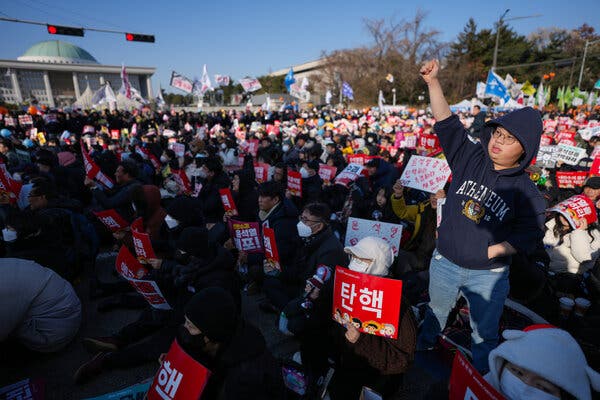Japan’s regional economies are facing severe labor shortages. Their survival depends on their ability to persuade foreign workers to stay.

Four years ago, Hizatsuki Confectionery hired its first foreign workers.
The company, in a mountainous region north of Tokyo, has been baking and frying glutinous dough into rice crackers since 1923. Then it was known as Teikoku Senbei, or Imperial Rice Crackers.
Today, the company’s third-generation president, Takeo Hizatsuki, has encountered an existential challenge that his father and grandfather never did. Hizatsuki Confectionery can’t find enough Japanese employees.
A shrinking and rapidly aging population has forced Japan, which for centuries was mostly closed off to immigrants, to allow foreign workers to enter the country and potentially stay for good. Most come from other parts of Asia, including China, Vietnam and the Philippines.
That transition to employing more foreign workers has proceeded gradually at big companies in major cities over the past decade. But in parts of the countryside, where labor shortages are particularly acute, some of Japan’s storied businesses like Hizatsuki Confectionery are just now figuring out how to accommodate foreign workers for the first time.
These are areas of the country where few speak languages other than Japanese, and communities tend to be more wary of integrating newcomers. Whether companies can persuade foreigners to stay may dictate their survival.
For small and medium-size businesses, the backbone of Japan’s regional economies, “foreign workers are indispensable,” said Yuki Hashimoto, a senior fellow at the Research Institute of Economy, Trade and Industry, or RIETI, in Tokyo. “Without them, they will collapse.”



